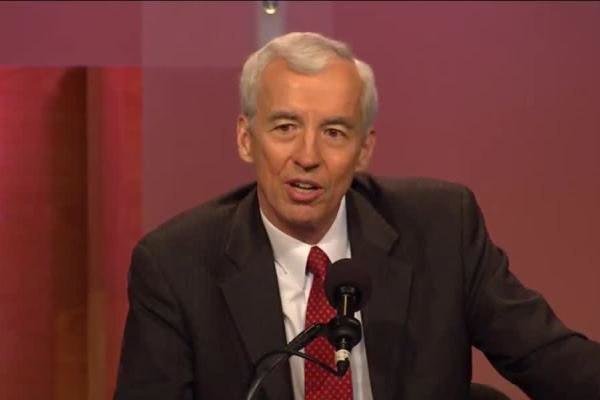Trump is a false populist: Pillar

TEHRAN – Professor Paul Pillar, who was CIA intelligence analyst for 28 years, tells the Tehran Times that Trump lives in “the moment, saying what gets applause and attention at any one moment. He leaves no legacy of political or philosophical thought.”
Pillar also says, “Trump is a false populist; he speaks the themes without implementing true populist policies, at least on many economic matters such as taxes.”
Following is the text of the interview:
Q: Is "trumpism" a flow, school, and thought in the United States? Can the current president of the United States produce a political or philosophical thought in the field of American social and foreign policy?
A: Much effort has been wasted on trying to discern a coherent doctrine in what Trump says and does. There is none. He lives in the moment, saying what gets applause and attention at any one moment. He leaves no legacy of political or philosophical thought.
Q: Trump has repeatedly stated that he is not a Republican. In your opinion, what is the current political affiliation of Trump itself?
A: Trump used the Republican Party as his point of entry into presidential politics because its themes were closer to his rhetoric than were Democratic Party themes, especially in rejecting everything the Obama administration did. Although Trump's ascendancy has sometimes been described as a takeover of the Republican Party by an outsider, Trump can genuinely be called a Republican. Many of his actions on taxes, health care, and other issues mirror what most Republican politicians have favored for some time.
Q: The president of the United States has used his own cabinet of neoconservatives, such as John Bolton. This is while he previously described himself as George W. Bush's sharp opponents. How do you evaluate this contradiction?
A: Again, we should not try to interpret Trump's moves in terms of ideologies or doctrines. The Trump administration has had trouble getting willing and capable people to fill positions. Many otherwise capable people the Trump White House did not want because the people in question have said critical things about Trump. Insofar as Bolton is a neoconservative, that's not why Trump took him on. What he sees in Bolton is more a matter of brashness and style and pugnacity.
Q: If we think of Trump as a Republican, what is his idea of which spectrum is closer to this party (T-party, Neoconservatives or Traditional Republicans)?
A: He cannot be categorized. He will get labels put on him at the end of his term depending on where is very inconsistent policies and actions happen to take him. If he gets the United States involved in another Middle East war, for example, people will call him a neoconservative.
Q: Is Trump's protective approach to the economy or his special emphasis on "American values" can be a sign of his influence on a particular economic and political school (thought)?
A: Other than favoring his own (i.e., upper) economic bracket when it comes to things such as taxes, none of his policies are coherent enough to be described as representing a specific school of economic and political thought. The protectionism regarding trade and tariffs is just one more reflection of false-populist campaign themes, not anything that has been well thought out regarding the economics.
Q: Is the election of Trump as the president of the United States in 2016, a symbol of American citizenship tendency towards populism? Otherwise, how can such a phenomenon be interpreted?
A: His election was a sign that populist themes have become more popular among the American electorate. But Trump is a false populist; he speaks the themes without implementing true populist policies, at least on many economic matters such as taxes. One interesting question is whether most of the voters who supported him thinking he was a populist will have figured out by the next election that he isn't one.
Leave a Comment